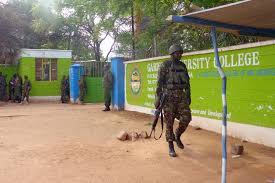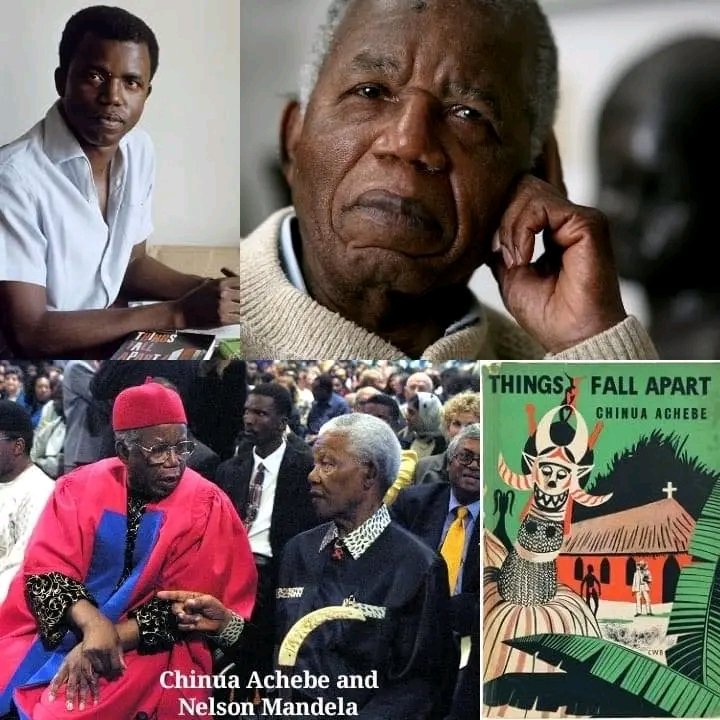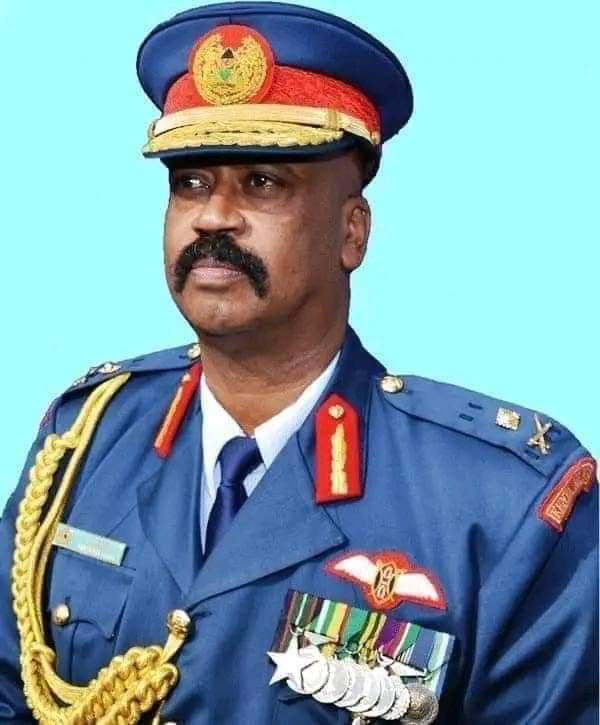GARISSA UNIVERSITY ATTACK ORDEAL EIGHT YEARS LATER
On 2 April 2015, four gunmen stormed Kenya's Garissa University College and began firing indiscriminately. At the end of the ordeal, 147 victims lay dead; two soldiers, three staff and 142 students.
#147NotJustANumber



On 2 April 2015, four gunmen stormed Kenya's Garissa University College and began firing indiscriminately. At the end of the ordeal, 147 victims lay dead; two soldiers, three staff and 142 students.
#147NotJustANumber




The world reacted in utter horror. The Al-shabaab militants took credit for this heinous attack with demands that Kenyan Forces leave Somalia.
Today marks eight year since this attack - the second deadliest on Kenyan soil. While the scars of the family, friends and relatives
Today marks eight year since this attack - the second deadliest on Kenyan soil. While the scars of the family, friends and relatives
might have or might not have healed we commiserate with them on this day. I am personality emotional holding it in and thanking God for sparing the life of my elder brother Ronnie Chirchir(@ronniechirchir).
If the terror group expected the university to be closed, instill fear for non locals and also create a rift between faiths, they got thie wrong.
From the population of 900 students at the time of the attack, Garissa University now boasts of more than 2,000 students with
From the population of 900 students at the time of the attack, Garissa University now boasts of more than 2,000 students with
majority of them coming from across Kenya.
The institution is now under 24hr security surveillance by armed policemen and the nearby Garissa barracks who leave nothing to chance. We had to wait for up to 2 hrs to be cleared at the gate, despite the invitation for our talk coming
The institution is now under 24hr security surveillance by armed policemen and the nearby Garissa barracks who leave nothing to chance. We had to wait for up to 2 hrs to be cleared at the gate, despite the invitation for our talk coming
from the University's administration.
Nothing at the University spells the horror of that fateful day, as everything is back to normal. Clearly, the nation remains unbowed and terror never wins on the face of a resolute, determined Kenya.
Nothing at the University spells the horror of that fateful day, as everything is back to normal. Clearly, the nation remains unbowed and terror never wins on the face of a resolute, determined Kenya.
• • •
Missing some Tweet in this thread? You can try to
force a refresh

 Read on Twitter
Read on Twitter












